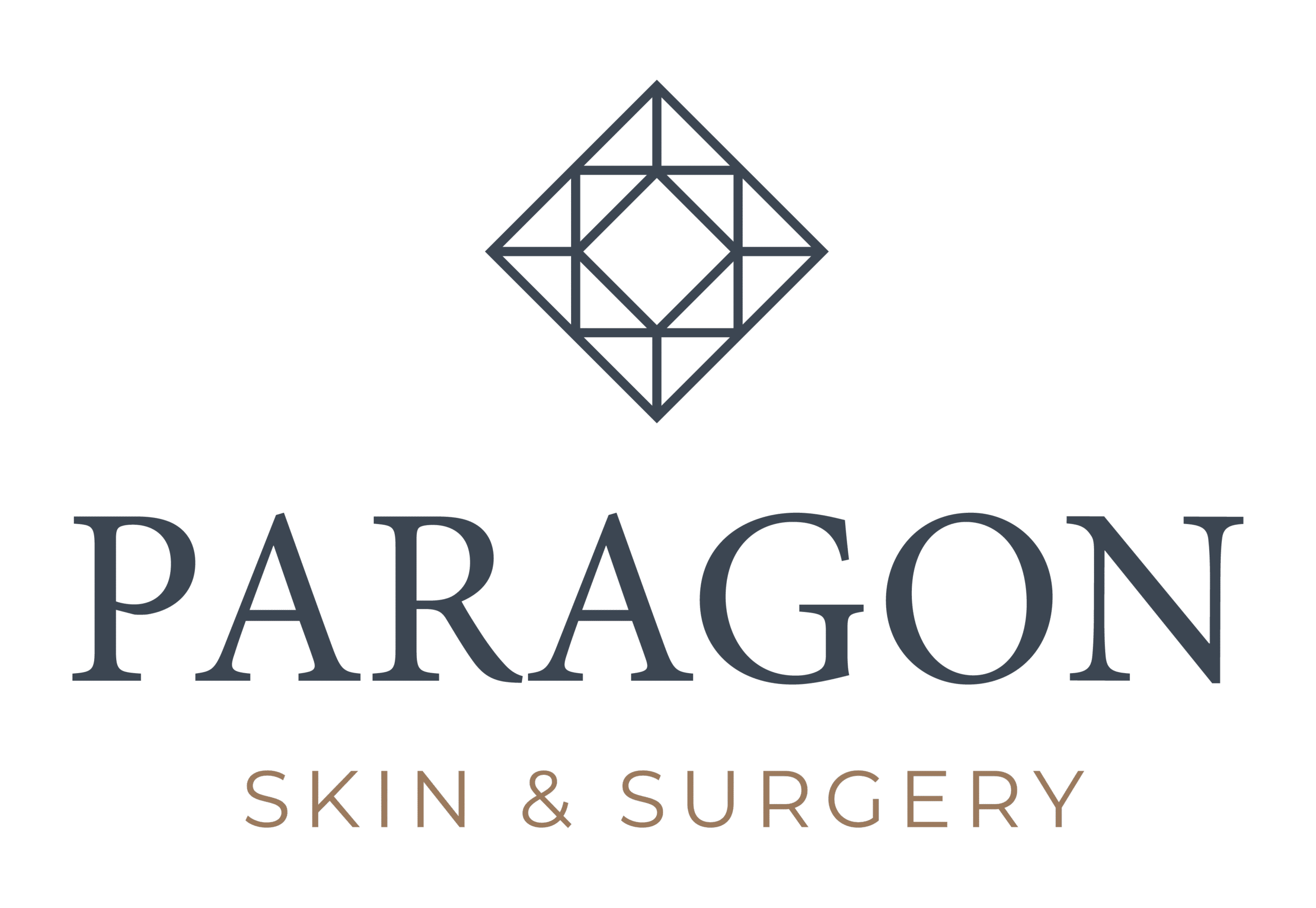Mohs surgery is a special procedure to remove skin cancer one thin layer at a time. Each layer is checked under a microscope to make sure all the cancer is gone before moving forward. It’s very precise and has the highest cure rate of any skin cancer treatment.
- It removes less healthy skin
- It has the best chance of curing the cancer
- It’s done in one day
- It works especially well on the face, ears, nose, scalp, and hands
No. Mohs surgery is done using local anesthesia, which numbs only the area being treated. You’ll be awake, but you won’t feel any pain.
Plan to be at the office for 2 to 4 hours, sometimes longer. Most of the time is spent waiting between steps while we check the tissue under a microscope.
Sometimes yes, depending on the size and location of the area.
Other times, we may let it heal naturally or use a skin flap or graft. Your surgeon will explain the best option for you.
- A list of your medications
- Your insurance card and ID
- A light snack and water
- A book or something to keep busy
- A family member or friend to drive you home (recommended)
Most people do not need to stop their medications. But let us know if you take:
- Blood thinners (like aspirin, Plavix, or warfarin)
- Over-the-counter pain meds (like ibuprofen)
- Vitamins or supplements (like fish oil)
We’ll tell you exactly what to do. Never stop medications without asking.
Some soreness, swelling, or bruising is normal. Most people feel fine with Tylenol (acetaminophen). We’ll give you clear instructions to care for your wound.
- You go home the same day
- We’ll give you written instructions
- Most people return to work and daily activities within 1-3 days
- You may have a scar, but we work hard to keep it as small as possible
Mohs surgery is very safe. But like any procedure, there can be:
- Minor bleeding
- Infection (rare)
- Scarring (usually mild and improves over time)
We’ll watch your healing closely.
Yes. If you’ve had one skin cancer, you’re more likely to get another.
We recommend a full skin check once or twice a year depending on your history.
- Wear comfortable clothes
- Eat breakfast
- Avoid alcohol the night before
We’ll review everything with you ahead of time.
Most patients are able to drive themselves afterwards, but sometimes it’s better to have someone drive you. Talk to our schedulers to see which is more appropriate for you.
That’s normal! Our team will talk you through every step. You’ll be awake and comfortable. Most patients say it’s easier than they expected.


